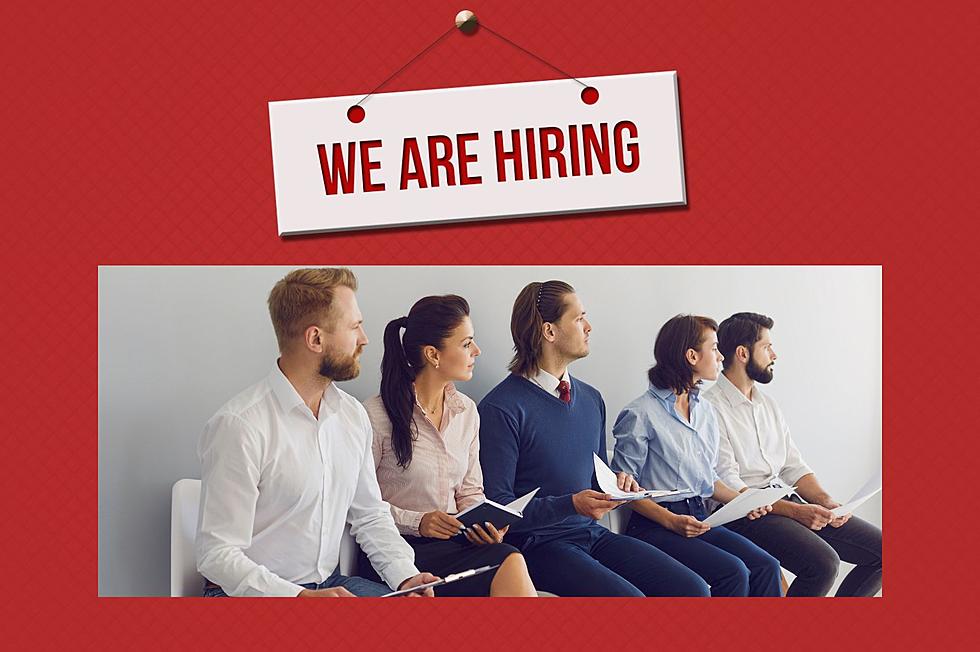
5 Simple Tricks to Go From Job Interview to Employee
Getting a job is a lot of work. For the most part, an active job search is a full-time job. You put in a lot of effort and time to improve your resume, make sure it’s visible online, make good connections in your network and finally get an interview. But the work doesn’t stop there.
You should definitely celebrate if you’ve gotten an interview. That means you made it through a couple of big cuts in the candidate pile. But your work isn’t done. In fact, it may have just gotten harder. An interview is a great opportunity to really show a recruiter what you have to offer a company. And, if you use these five tricks, you have a way better chance of hearing that glorious phrase, “You’re hired.”
Manage Your First Impression
As with any social situation, and perhaps even more, your first impression is very important at your job interview. People who get hired have worked hard to manage their first impressions. This is more than just being on time (which means early, by the way). You need to dress well for your interview, as this will be part of how the hiring manager forms his opinion of you. Aim for one step above the organization’s dress code. And pay attention to details like wrinkles, excessive lint, stains or tears, especially if “detail oriented” is on your resume. But that’s not all. You have to pay attention to how you behave while you’re waiting for your interview. Nervous behaviors like toe tapping or nail biting will be noticed. Your attitude toward the other employees will also be noted. Finally, work on your handshake. A firm handshake is an immediate sign of confidence. Too weak or too hard and you’ll be remembered for all the wrong reasons.
Be Active in the Interview
Your job interview should not be a passive experience for you. This is a meeting that should benefit both the hiring organization and you, as the possible recruit. This means you have to be an active participant in your interview. You should do plenty of research beforehand so you know about the job you're interviewing for, the company, its culture and where it might be headed in the future. You need to be able to ask pertinent, knowledgeable and appropriate questions to show you care about the job and are really trying to ensure you’re a good fit. Beyond that, the interviewer is likely to ask you what you know about the company and you want to show that you know how to be prepared for a business meeting.
Have Answers to the Tough Questions
The people who land jobs after interviews are the ones who can answer the tough questions. And, do it without all the stuttering and flailing about. If you’ve been to more than one interview, you’ve probably learned there are some questions you run across almost every time. There’s no excuse for being surprised when you’re asked some of the more common and most difficult questions, like “what are your weaknesses” and “why are you the best person for this job.” You will get asked these questions and you need to be prepared with answers to them. Good, thoughtful and true answers. Take the time to research some common interview questions and prepare your answers so you can knock the tough ones out with confidence. Hoping you just won’t be asked about your weaknesses is not a strategy.
Master People Skills
If you’re currently looking for a job and you haven’t thought about your people skills, you’re already behind. Many times, the candidates who are offered positions aren’t more qualified, they’re just better with people. You have to master people skills to go from interview to job title. This goes beyond your handshake, which will only get you past your first impression. There are about 59 and a half more minutes left in your job interview that your handshake can’t help with. First, check your attitude. Approach the recruiter as an equal. For now, you are a peer. You both have the same job to do in the interview, so you are on a level playing field. Being a good listener is a must in an interview. If you don’t hear the question, how can you provide a good answer? And then, when you do answer, knowing how to give a complete answer concisely without babbling about things that don’t matter is also a key skill. Engage with the interviewer and have a conversation. A conversation technique you can work on to help the interviewer feel more connected to you is the mirror technique. By matching yourself physically and emotionally with the interviewer, she will feel more in tune with you. Mirror her posture, sit how she’s sitting (unless it would make you look silly) and match her attitude.
Finish With a Follow-up
Guess what. The interview isn’t over when the interview is over. You have to close the deal with a follow-up. The best way to do this is by sending a thank you note to any person at the organization who met with you, as well as anyone in your network who helped you get the interview. Thank them for their time and let them know how pleased you were to have an opportunity to consider a position with the company. Keep it short, simple and sincere. An email could be acceptable in a lot of cases, but a handwritten note is more memorable and shows more sincere gratitude. A phone call isn’t recommended, as it might put the interviewer on the spot, or interrupt a busy day. Like everything else you do in the interview, the follow-up is one more way you show the recruiter how you will behave with internal and external customers and clients.
More From KMMS-KPRK 1450 AM








